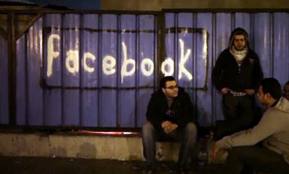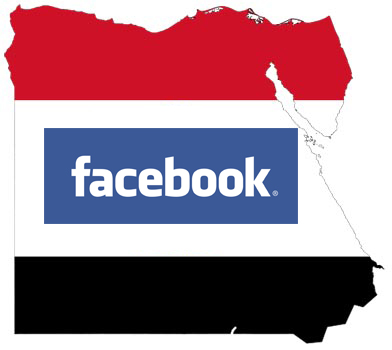The Real Net Effect: Social Media and the Changing Middle East (Murphy)
 Monday, September 26, 2011 at 14:26 |
Monday, September 26, 2011 at 14:26 |  Scott Lucas in
Scott Lucas in  EA Middle East and Turkey,
EA Middle East and Turkey,  Middle East and Iran
Middle East and Iran  Dedicated users of social media are a small vanguard in the Arab world, where access to the Internet and digital literacy levels are still low. But the number of people flocking to social media in the region is rising rapidly. This trend accelerated in the first quarter of this year, most notably in countries where protests occurred, according to the ASMR.
Dedicated users of social media are a small vanguard in the Arab world, where access to the Internet and digital literacy levels are still low. But the number of people flocking to social media in the region is rising rapidly. This trend accelerated in the first quarter of this year, most notably in countries where protests occurred, according to the ASMR.
Facebook is the most popular social networking tool in Arab countries, with 27,711,503 users as of April 2011. That is almost double the 14,791,972 on Facebook in April 2010, the ASMR found. In the first four months of 2011, Facebook users in the Arab world grew by 30 percent, with Egypt accounting for most newcomers in this time period (2 million). Egypt’s 6.5 million Facebook users comprise about a quarter of all users in the region.
As for Twitter, the ASMR estimates there are about 6.5 million users in the Arab world, of whom 1.5 million are frequent tweeters. The countries with the most users and tweets are United Arab Emirates, Qatar, Egypt, Saudi Arabia and Kuwait. In Saudi Arabia, tweets went up 400 percent in one year (the average increase in the same time period in the rest of the world was 90 per cent).


